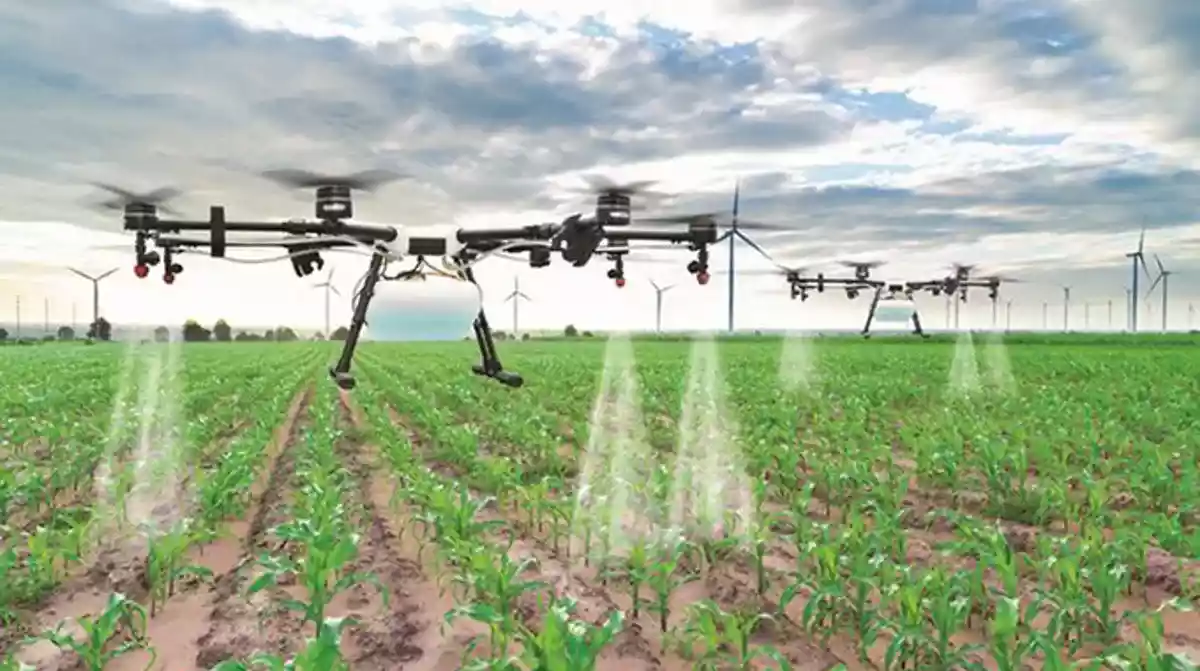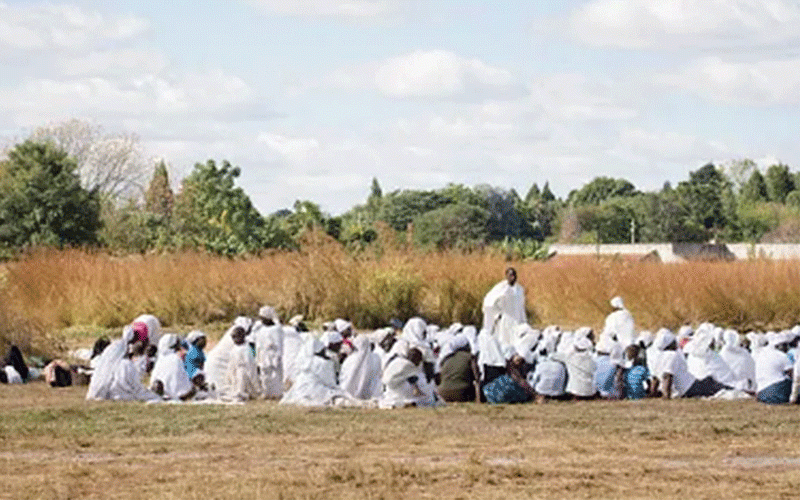
BILLIONS of dollars have gone into African agriculture and food systems over the past few years, but the main challenge remains the absence of a co-ordinated framework for deploying such resources.
Resources that are squandered through fragmented investments by development organisations, government and the private sector are more than what is needed to address challenges in African agriculture and food systems. At what point will this reality be accepted and corrected?
Absence of consolidated data collection frameworks
Absence of co-ordinated data collection frameworks on agriculture and food systems means different development organisations, government departments and private sector players rely on their own frameworks for gathering data in line with indicators they want to report about.
That is why datasets are often found conflicting, depending on the story of interest to particular actors. For instance, data intended to persuade donors to inject money towards food aid tends to receive more attention than data showing local community resilience and quantities of commodities flowing to mass food markets.
There are also different frameworks for analysing the vulnerability of communities to climate change in the same district or province.
Who should take the lead in harmonising data collection?
Unless ministries responsible for agriculture take the lead in harmonising all existing data collecting and analysis frameworks, different organisations will continue competing to do different things in African agriculture and food systems with no end to food insecurity, malnutrition and poverty.
- Urgent economic structural transformation necessary
- Revealed: ‘Con job’ that cost ED dearly
- Revealed: ‘Con job’ that cost ED dearly
- Bogus soil testing companies on the prowl
Keep Reading
Some governments may not see anything wrong with leaving data in private hands, but data that appeals to the private sector may disadvantage smallholder farmers whose needs are different.
Private sector-led data sharing is often very complicated and that is why there should be an institution responsible for ensuring datasets are shared in ways that are not exploitative to farmers.
It is through consolidated data frameworks that synergies can be built between different institutions and emerging lessons adopted by government structures.
For instance, data can show if there is a sound relationship between the Agriculture ministry and the Health ministry in the agricultural sector.
Regarding the relationship between the ministries of Agriculture and Transport, the main question can be: Are there any reports submitted by the Agriculture ministry to the Transport ministry on how the poor state of roads is affecting the movement of agricultural commodities from farming areas to markets?
Other questions can include: Are there any reports from the Agriculture ministry to the ICTs ministry about how the absence of connectivity is becoming a barrier to information access between production zones and markets?
Are there any reports on relationships between the Agriculture ministry and Industry and Commerce ministry in relation to strategies that can be put in place to develop the agricultural industry around smallholder farmers?
What is the relationship between the Agriculture ministry and Local Government ministry to enable information exchange on what happens to agricultural commodities when they get to the market?
In cases of irrigation schemes, in harvesting tonnes of green mealies and tomatoes, are there knowledge exchange pathways for local authorities to expect and prepare for these commodities on the market?
Tapping into data from African mass markets
African mass markets have their own systems of collecting data and market intelligence, but such systems are not adequately supported by government or development agencies.
Where there have been attempts to set up data collection systems, they exist in silos and investments initiated by government such as putting a borehole in every village are not informed by the market, yet water will lead to surplus production which cannot all be consumed locally.
As revealed by fast and furious trends from African mass food markets, supply chains have quietly developed their own evidence which calls for certain interventions.
Government institutions should know how much is traded in certain markets and the capacity of those markets to handle diverse commodities.
When a maize bumper harvest is anticipated, government and other actors are often seen preparing temporary warehouses and makeshift depots for collecting grains by the Grain Marketing Board.
But the mass markets and related supply chains are left to create their own systems for handling bumper harvests.
Such absence of formal support results in farmers selling commodities at give-away prices because they lack warehousing, preservation and processing technologies on-farm and at the market.
Although the markets have created strong relationships, absence of proper food handling facilities limit what farmers can do after producing.
The absence of handling facilities in mass markets also constrain traders in terms of commodities they can buy in bulk and store before they start incurring losses.
Charles Dhewa is a proactive knowledge broker and management specialist










